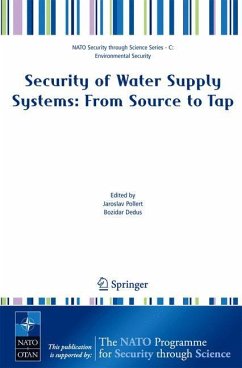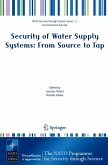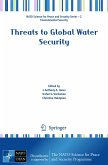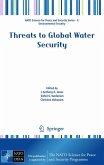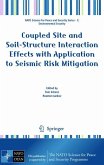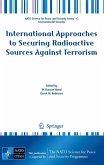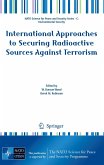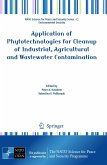The provision of safe drinking water is one of the primary responsibilities of all governments, which address and share this responsibility through various levels of administration, ranging from the municipal to federal level, and further sharing of such responsibilities with public or private water utility companies. Recent reviews indicate the existence of significant vulnerabilities of all components of the infrastructure in general, among which the water supply systems are considered the most critical because of it's importance to human life. Indeed, such systems encompas huge number of stuctures, plants and devices that might become a target of sabotage, and they all may be found in major components of each water supply system: the raw water sources (usually a reservoir, a river intake, or groundwater aquifer), water purification plants (encompassing various treatment processes), and water distribution networks bringing potable water to the consumers. Consequently, the reality of the post-September 11 situation forces the operators of water supply systems throught the world to examine the security and safety of their systems, it's vulnerability to intentional interference and sabotage with respect to quantity and quality of potable water. In assessing the system vulnerability, there is an urgent need to develop emergency response plans providing ways and means for alternative water supply for the moment of system operation disruption, and system remediation and recovery after the attack.

